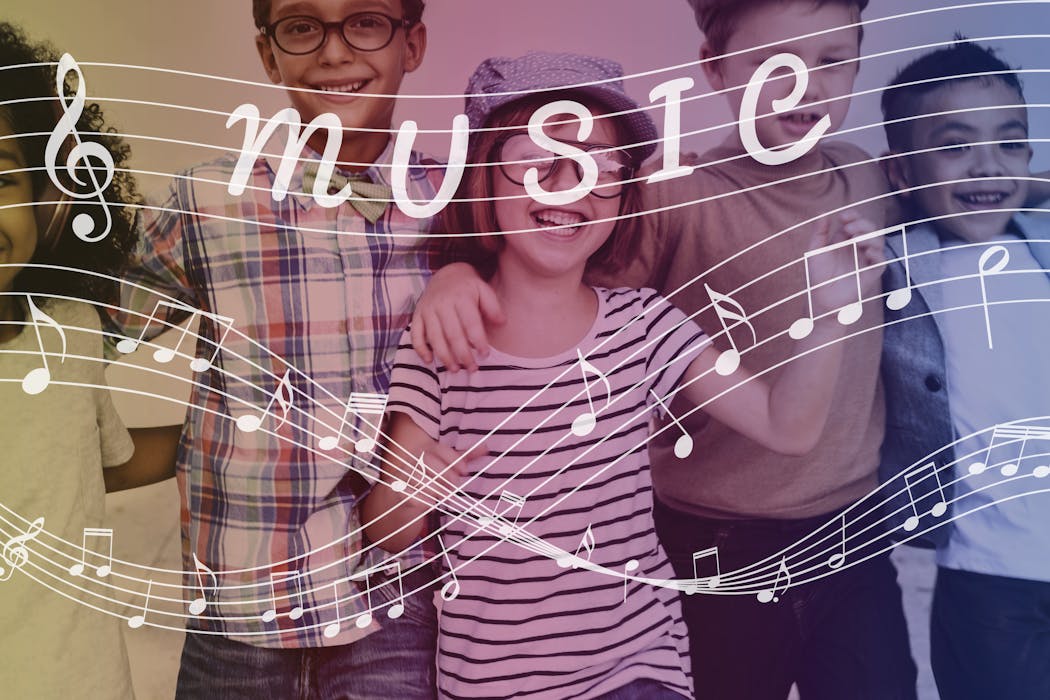Trauma is a deeply distressing or disturbing experience that can have a profound impact on an individual’s mental health. It can result from a wide range of events, including but not limited to, physical or sexual abuse, natural disasters, accidents, and combat. The effects of trauma can be long-lasting and can manifest in a variety of ways, including anxiety, depression, post-traumatic stress disorder (PTSD), and other mental health disorders. Trauma can also affect an individual’s ability to regulate their emotions and cope with stress, leading to difficulties in daily functioning and relationships.
The impact of trauma on mental health can be complex and multifaceted, as it can affect individuals in different ways. Some may experience flashbacks, nightmares, and hypervigilance, while others may struggle with feelings of numbness, avoidance, and emotional detachment. Additionally, trauma can also lead to physical symptoms such as headaches, stomachaches, and chronic pain. It is important to recognize that trauma can have a significant impact on an individual’s overall well-being and quality of life, and it is crucial to provide effective interventions to support trauma recovery.
The Role of Music Therapy in Trauma Recovery
Music therapy has emerged as a valuable and effective intervention for individuals who have experienced trauma. It is a therapeutic approach that utilizes music to address physical, emotional, cognitive, and social needs. Music therapy can take various forms, including listening to music, creating music, singing, and playing instruments. It provides a safe and non-verbal means of expression, allowing individuals to explore and process their emotions in a supportive environment.
In the context of trauma recovery, music therapy can help individuals to regulate their emotions, reduce anxiety and stress, and improve their overall well-being. It can also provide a sense of empowerment and control, as individuals are able to engage in creative and expressive activities that promote healing. Music therapy can also facilitate communication and connection with others, which is particularly important for individuals who may struggle with trust and intimacy as a result of their trauma. Overall, music therapy offers a unique and holistic approach to trauma recovery that addresses the physical, emotional, and social aspects of healing.
How Music Therapy Promotes Emotional Regulation and Coping Skills
One of the key benefits of music therapy in trauma recovery is its ability to promote emotional regulation and coping skills. Music has the power to evoke strong emotions and memories, and through the use of music therapy techniques, individuals can learn to identify, express, and regulate their emotions in a healthy way. This can be particularly beneficial for individuals who may struggle with overwhelming emotions or have difficulty articulating their feelings verbally.
Music therapy also provides individuals with coping skills that they can use in their daily lives to manage stress and anxiety. Through activities such as guided relaxation, deep breathing exercises, and mindfulness practices, individuals can learn to calm their nervous system and reduce the physiological effects of trauma. Additionally, creating and listening to music can provide a sense of comfort and distraction from distressing thoughts and memories, allowing individuals to find moments of peace and respite.
Overall, music therapy promotes emotional regulation and coping skills by providing individuals with tools and techniques to manage their emotions and stress in a healthy way. It offers a creative and engaging approach to healing that empowers individuals to take an active role in their recovery.
Exploring the Neurological Effects of Music on Trauma
The neurological effects of music on trauma have been the subject of extensive research in recent years. Studies have shown that music has the ability to activate various regions of the brain involved in emotion processing, memory, and reward. This can be particularly relevant for individuals who have experienced trauma, as it can help to rewire the brain’s response to stress and promote healing.
Music has been found to stimulate the release of neurotransmitters such as dopamine and serotonin, which are associated with pleasure, reward, and mood regulation. This can have a positive impact on an individual’s emotional well-being and overall mental health. Additionally, music has been shown to reduce the production of cortisol, the stress hormone, which can help to alleviate the physiological effects of trauma on the body.
Furthermore, music has the ability to enhance neuroplasticity, the brain’s capacity to reorganize itself in response to new experiences. This means that engaging in music therapy activities can help to create new neural pathways that support emotional regulation, coping skills, and resilience in the face of trauma. Overall, the neurological effects of music on trauma highlight its potential as a powerful tool for promoting healing and recovery.
Case Studies: Success Stories of Music Therapy in Trauma Recovery
There are numerous success stories that demonstrate the effectiveness of music therapy in trauma recovery. One such case is that of Sarah, a survivor of domestic violence who struggled with severe anxiety and depression following her traumatic experiences. Through music therapy sessions, Sarah was able to express her emotions through songwriting and playing the guitar. She found that creating music provided her with a sense of empowerment and control over her emotions, allowing her to gradually overcome her feelings of helplessness and fear.
Another success story is that of James, a military veteran who suffered from PTSD after serving in combat. James found it difficult to talk about his experiences and often felt disconnected from his emotions. Through music therapy sessions that involved drumming and rhythm exercises, James was able to release pent-up emotions and connect with others in a supportive group setting. He found that engaging in music activities helped him to feel more grounded and present in the moment, reducing his symptoms of hypervigilance and anxiety.
These case studies highlight the transformative power of music therapy in trauma recovery. They demonstrate how music therapy can provide individuals with a safe and supportive space to process their emotions, build coping skills, and find healing through creative expression.
Integrating Music Therapy into Traditional Trauma Treatment Approaches
Integrating music therapy into traditional trauma treatment approaches has the potential to enhance the effectiveness of interventions and support holistic healing. Music therapy can complement existing therapies such as cognitive-behavioral therapy (CBT), eye movement desensitization and reprocessing (EMDR), and group therapy by providing an additional avenue for emotional expression and regulation. It can also offer a non-verbal means of communication for individuals who may struggle with verbal expression or have difficulty accessing traumatic memories.
Furthermore, music therapy can be integrated into various settings such as hospitals, mental health clinics, schools, and community organizations to reach individuals who have experienced trauma. It can be tailored to meet the specific needs of different populations, including children, adolescents, adults, and older adults. By integrating music therapy into traditional treatment approaches, individuals can benefit from a comprehensive and personalized approach to trauma recovery that addresses their physical, emotional, cognitive, and social needs.
Overall, integrating music therapy into traditional trauma treatment approaches has the potential to expand the range of interventions available for individuals who have experienced trauma. It offers a creative and engaging approach to healing that complements existing therapies and supports holistic recovery.
The Future of Music Therapy in Trauma Recovery: Research and Innovations
The future of music therapy in trauma recovery holds great promise for continued research and innovations that will further enhance its effectiveness as an intervention. Research studies are ongoing to explore the specific mechanisms by which music therapy promotes healing in individuals who have experienced trauma. This includes investigating the neurological effects of music on the brain, identifying best practices for implementing music therapy interventions, and evaluating long-term outcomes for individuals who engage in music therapy.
Innovations in technology are also contributing to the advancement of music therapy in trauma recovery. Virtual reality platforms are being developed to create immersive musical experiences that can help individuals process traumatic memories in a safe and controlled environment. Additionally, mobile applications are being designed to provide individuals with access to music therapy resources outside of traditional therapy sessions, allowing them to engage in music activities at their own convenience.
Furthermore, there is growing interest in expanding access to music therapy for underserved populations who may have limited resources or face barriers to receiving traditional mental health services. This includes initiatives to bring music therapy into schools, community centers, hospitals, and other settings where individuals who have experienced trauma may benefit from its healing effects.
In conclusion, the future of music therapy in trauma recovery is bright with ongoing research and innovations that will continue to expand its reach and effectiveness as an intervention. As we gain a deeper understanding of the neurological effects of music on trauma and develop new approaches for delivering music therapy interventions, we have the potential to provide individuals with more comprehensive and personalized support for their healing journey.
Find out how Torongo Therapyplus can help you with your needs. Get in touch with us at smile@torongo.life, or call us on 02 8809 9965.































